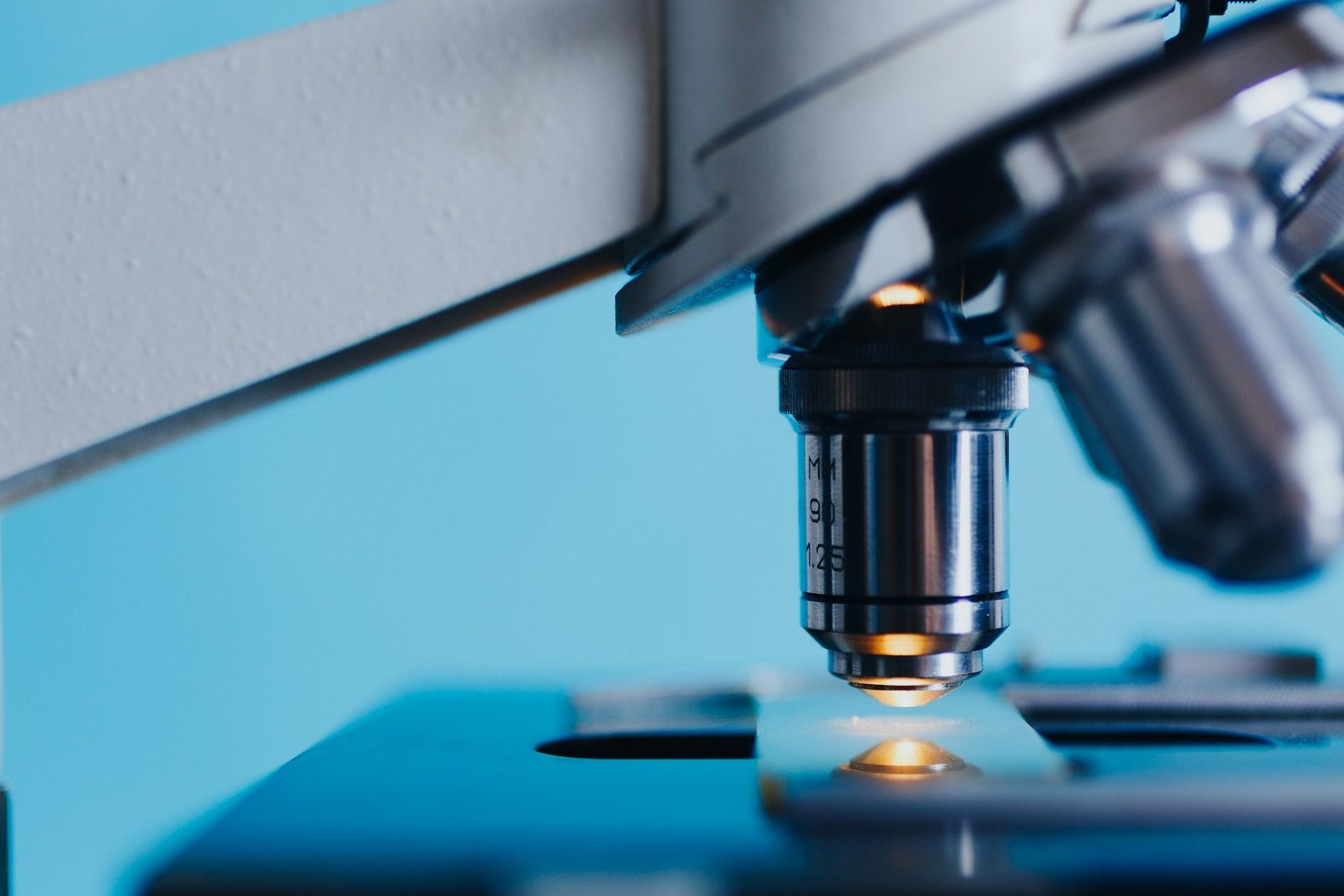As a biology major, I am constantly asked if I am on the med school track, or “pre-med” as it’s colloquially known. While I have no intention to go to med school –– and yes I know if I did my name would be Dr. Docter-Loeb –– I feel like there’s an expectation for biology majors to attend. However, there are countless other ways to put a biology degree to good use, many of which don’t require anything past a bachelor’s degree.
1. Biologist
Enjoy the lab and the hands-on parts of the biology major? Biologists do all that as a career. A crucial part of scientific advancement, biologists spend their days performing experiments and gathering data to try and understand the underlying mechanisms of biological systems. They can specialize in anything from microbiology to zoology, depending on their interests.
2. Nonprofit work
Nonprofits can also be a great place for those with a degree in biology. From the Innocence Project, an advocacy group that uses DNA evidence to exonerate the wrongfully convicted, to Scientista, a foundation devoted to encouraging and supporting women interested in STEM, there are many options for those interested in using their biology knowledge in the nonprofit sector. Idealist.org is a great resource for browsing nonprofits, as you can indicate your area of interest with the search function.
3. Genetic Counselor
Genetic counselors interpret family and medical histories to advise clients on the risk of disease or genetic disorders. They are often consulted before conception to determine, based on the parent’s genetic makeup, whether or not their offspring will be healthy. Genetic counselors are required to have a solid understanding of biology, specifically genetics, so that they understand the genetic contributions to disease and disorders.
4. Health Communications Specialist
For anyone torn between a career in public relations and biology, health communications may be a good compromise. A health communications specialist’s job is to inform the general public of health issues. While a background in biology is not required, it can be helpful in educating populations on the effects of health concerns such as communicable diseases.
5. Health Educator
Similar to health communications specialists, health educators are responsible for educating communities on health issues. However, they tend to focus on teaching behaviors that promote wellness, such as nutrition, safe sex, substance abuse and stress reduction.
6. Pharmaceutical Sales Representatives
At the intersection of business and biology lies the pharmaceutical industry. An important part of the industry, pharmaceutical sales reps are charged with selling medical supplies, medical technology and medicines to hospitals, clinics and other medical practices. Biology majors make great sales reps, as they are able to understand the fundamental elements of products and explain them thoroughly to potential buyers.
7. Biomedical Engineer
Biomedical engineering (BME) is a multidisciplinary field that combines engineering and biology. Deemed by Forbes to be one of the “Highest Paying, Low-Stress STEM Job You Probably Haven’t Considered,” biomedical engineers apply engineering principles to biology and medicine, usually for health care purposes. Although BME specifically requires a degree in biomedical engineering, a biology bachelor’s degree can be a good stepping stone to a master’s or doctorate in the field.
8. Medical Lab Technician
An entry-level job for biology majors, medical lab technicians work in hospitals, medical and diagnostic laboratories or doctor’s offices and are tasked with preparing lab tests and collecting patient samples. People are always looking for lab technicians; in fact, the Bureau of Labor Statistics expects the employment of clinical laboratory technologists and technicians to grow 11 % from 2018 to 2028 — much faster than the average for all other occupations.
9. Lawyer
Many different law sectors look for lawyers with backgrounds in biology. There’s patent law, where attorneys represent clients looking to obtain patents, and often require lawyers with a bachelor’s degree in a technical subject such as biology. A background in biology can also be helpful in environmental law in understanding the ecological and human health impacts of pollution and construction projects (such as dams, buildings, etc.). There’s also the option of becoming a medical malpractice lawyer, who use biological knowledge and evidence to prosecute health professionals for unethical treatment or malpractice.
10. Writer
If you lack the oral communication skills recommended for many of the aforementioned jobs, perhaps scientific writing is for you. Whether it’s using your biological knowledge to compose the next science fiction sensation, or writing and editing articles for a scientific journal –– a career that is actually called “Science Writer” –– there is always room for scientific writing.
11. Park Ranger
Use your biology knowledge in the great outdoors! Park rangers are responsible for protecting and preserving parklands at the local, state and national levels. Rangers are also responsible for educating the public on the history and ecology of parks. Biology backgrounds, specifically in ecology, are thus encouraged.
12. Emergency Medical Technician
Emergency medical technicians, known by the acronym EMT, provide emergency medical services to those in need. To become an EMT, you don’t need to go to med school; however, you must be formally trained and certified. As one would imagine from a job that works directly with humans, a solid foundation in human biology, anatomy and physiology is required.
13. Forensic scientist
Are you a biology major and crime show junkie? Then forensic science may be for you. Forensic scientists use techniques, such as DNA profiling and fingerprint analysis, to examine evidence. This evidence is often collected from crime scenes and can be used to help convict, or exonerate, the accused.
14. Biology Teacher or Professor
While I’m biased in that this is what I’m interested in pursuing as a career, I truly think one of the best things you can do with biology knowledge is to share it with others through teaching. Whether you’re teaching at the high school or university level, there is always a demand for good biology teachers. The experience can be extremely impactful and rewarding, as you have the opportunity to instill an excitement for biology in a younger generation.

















